The World Bank's Global Development Report, published in 2023, focused on the relationship between migration and development. This phenomenon is of immense importance for both the countries migrants and asylum seekers leave and those that receive them. Currently, around 2.3% of the world's population reside outside their country of citizenship. The report stressed the importance of minimizing risks and enhancing the positive impact of international migration on development. It underscored the need to analyze and align the reasons migrants and asylum seekers move with the policies and mechanisms for managing and integrating them into their host societies.
Taking Italy as an example, the issue is not about “choosing” which migrants to welcome. The answer is clear, beyond political closures and ideological manipulations, it is evident that Italy needs to integrate significant numbers of people from other countries who are willing to invest in becoming part of Italian society. The real question is about defining the kind of Italian society we want, encompassing its social system and productive sectors.
Let's take a very current example: is our aspiration for Italian agriculture to tolerate and, in certain areas, base its competitiveness on exploitation and gangmastering? For such a purpose, a system that lacks regular migration mechanisms and fails to guarantee integration for refugees would indeed represent the perfect "match."
We must question whether living in a society that accepts such a lack of rights aligns with our values as human beings.
Let's explore the perspective of those who prioritize economic competitiveness over strict moral or ethical standards, echoing the sentiment that "Respect for people's rights is a luxury we cannot afford," especially in the competitive agricultural sector. As consumers, would we feel secure consuming products from suppliers whose moral standards resemble those historically seen in action in the Pontine Marshes?
This is not just a moral issue. Italy invests minimally and poorly in the reception and integration of migrants and asylum seekers. Resources are wasted on emergency responses rather than long-term integration. As a result, Italy is losing the opportunity to retain and integrate individuals who could significantly contribute to its communities and economy. Many migrants and families, initially welcomed on humanitarian grounds, eventually leave Italy for countries that offer better integration opportunities. In Italy, bureaucratic hurdles—such as obtaining a residence permit, having qualifications recognized, and accessing integration services—often present significant challenges that are difficult to overcome.
The necessity for Italy and other countries to tackle reception and integration issues in a pragmatic and innovative manner is becoming more apparent. The pursuit of innovation and creativity in this field is a shared concern for all of us.
More readings about our work on this issue:
1 – Programa Integra in Ecuador
2 – Observatory on migrations in Rome and Lazio

